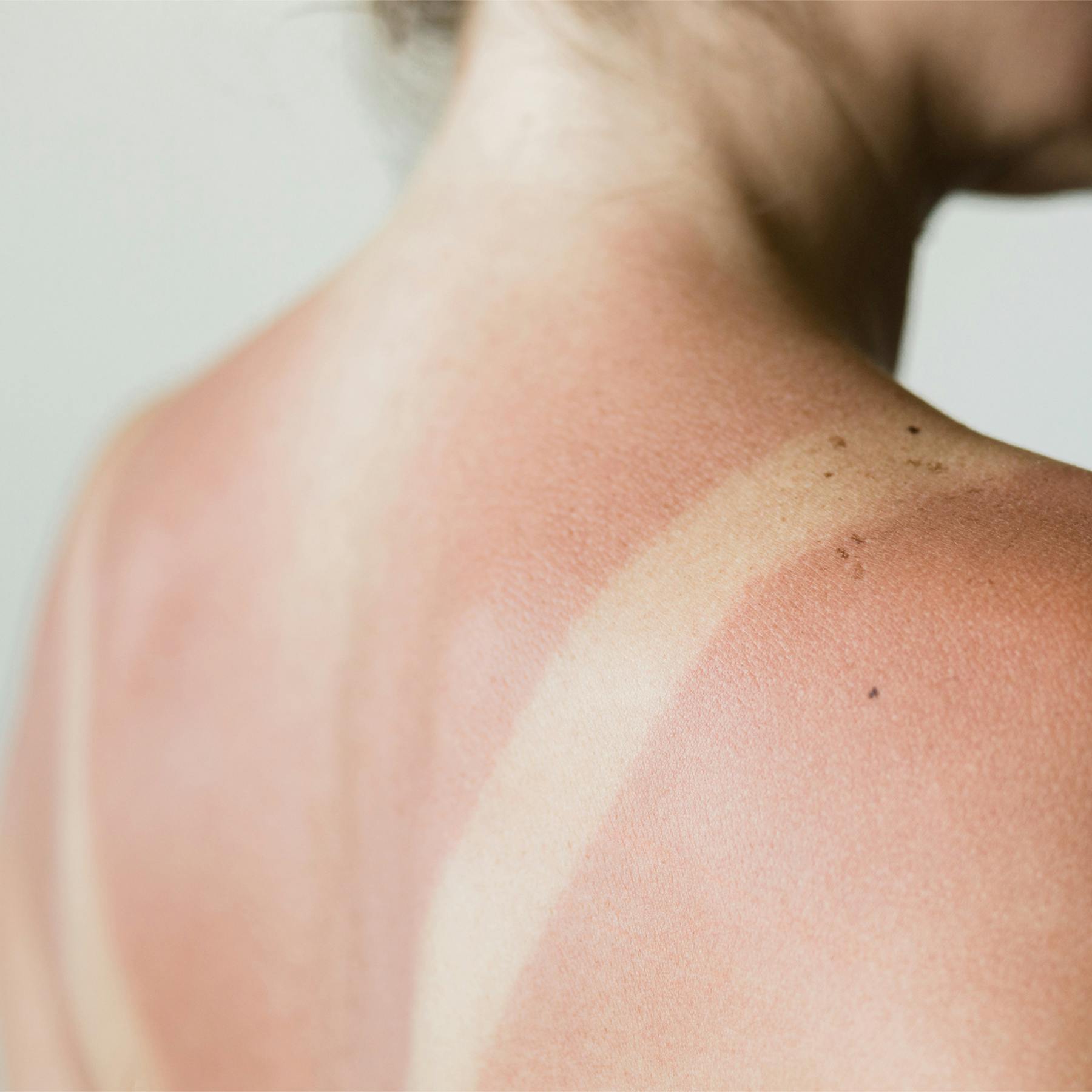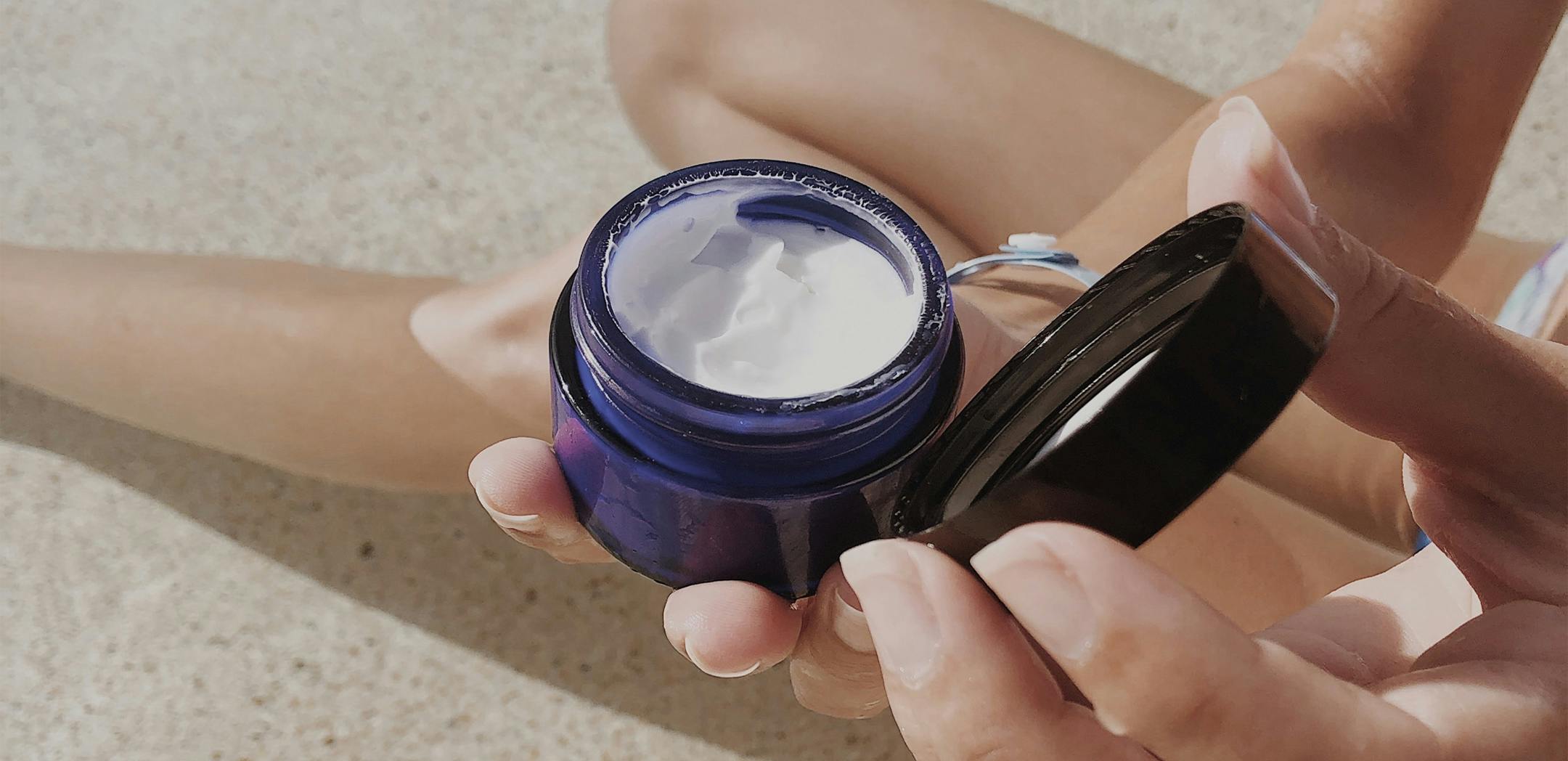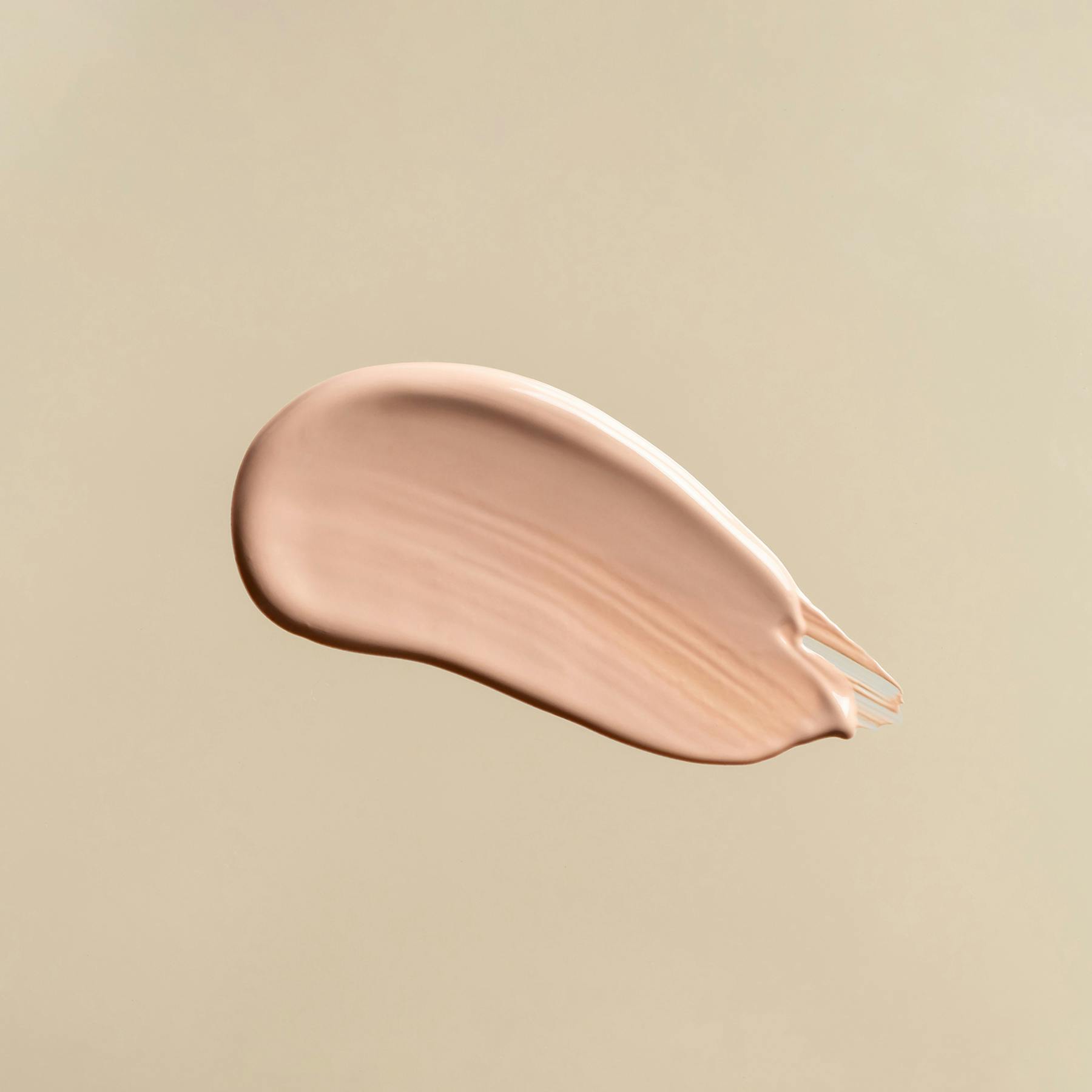Skin: Maybe I'm just Sensitive?
It's not uncommon to have sensitive skin.
Sensitive skin comes in many forms and different people may experience a variety of different symptoms related to it.
From genetic diseases to environmental or mechanical factors, there are many reasons why you may be experiencing sensitive skin and you're not alone. Most people experience some form of skin sensitivity throughout their life.
If you're one of those people who suffer from sensitive skin, you may also be wondering what causes it. And of the many causes, some are easier than others to fix.
This article will give you an insight into what causes sensitive skin, the symptoms and how you can treat it.
So what is sensitive skin?
Many people consider themselves to have sensitive skin if they have had an allergic reaction or developed irritation when using skincare, makeup or harsh chemicals around the house.
However, that is not always the only reason.
Sensitive skin normally refers to skin that may have any of (but is not limited to) the following symptoms:
- Dry itchy skin
- Patches of redness or a red rash
- Hives
- Rashes that may itch, sting or burn
- Itching, stinging or burning without a visible rash
- Sunburn
- Visible blood vessels
- Scaly skin
What causes skin sensitivity?
There is an endless list of potential skin diseases or external factors that can cause your skin to become easily irritated.
Some genetic conditions can cause sensitive skin, such as:
- Rosacea - visible blood vessels in the face and blushing/flushing of the face
- Acne - a condition that causes pimples on the skin
- Eczema - also called atopic dermatitis, is recognised by inflamed patches of skin and itching
- Irritant contact dermatitis - a nonallergic skin reaction caused by a substance (such as bleach or plants) damaging your skin’s outer protective layer
- Allergic contact dermatitis - occurs when your body creates an immune reaction in your skin to a substance that you are allergic or sensitive to (such as a medication or pollen)
- Hives - red, pink or flesh-coloured welts that may sting or hurt, usually caused as a result of an allergic reaction
- Physical urticaria - a condition in which red allergic skin lesions and itching are produced by exposure to heat, cold or contact with chemicals or plants
- Photodermatoses - most commonly a skin rash caused by sun exposure
- Aquagenic Pruritus - a type of hives that may itch or burn, triggered by the touch of water
Besides the conditions listed above, a range of medical conditions such as skin cancer, kidney or liver disease, and shingles, can contribute to sensitive skin...
… and that’s just to name a few!
Environmental factors which can also contribute may include:
- UV Rays
- Dry winter air
- Hot water
- Humidity
- Low temperatures
- The type of heating you use in your home
Whereas mechanical factors which play a part, include exposure to:
- Chemical-based sunscreen
- Laundry detergent
- Certain medications
- Makeup
- Cleaning products
Why is my skin sensitive all of a sudden?
If none of the above applies and you suddenly start to see similar symptoms appear out of thin air, then chances are, you could be experiencing hormonal changes.
Strange but true, your menstrual cycle can also play a role in skin sensitivity as well as hormonal changes you may experience during pregnancy, breastfeeding or menopause.
For men (don't worry, we haven't forgotten about you) puberty and hormones can also affect your skin along with stress and allergies. You may also have a harder time protecting your skin barrier due to work (being on a construction site, for example) or recreation (soaking up the sun while surfing), so the onset of sensitive skin is likely at some point. And who said you can't have an amazing skincare routine as well?
What are the symptoms of sensitive skin?
Most people will know if they are experiencing skin sensitivity and the tell-tale signs as above, can be quite obvious and in some cases, uncomfortable. If you are unsure as to whether it's something easily treatable or perhaps a bit more sinister, it is best to seek the advice of someone who specialises in skin.
A doctor or dermatologist can provide medical advice when it comes to skin conditions and whether your body's inflammatory response is something to do with your immune system or an underlying condition.
Most dermatologists will be able to get to the bottom of your visible or subjective symptoms and can recommend a treatment for you.
How do you care for sensitive skin?
Having the right skincare routine for sensitive skin is a great start when it comes to irritated skin.
Our Skinalyser™ can help you sort your beauty kit out by finding you the essentials and suggesting products to build your routine from cleansers through to eye creams, with the help of some epic AI technology.
The right products can help you to soothe your skin and won’t cause further irritation.
A great tip is to opt for fragrance-free beauty products or soap-free cleansers and steer clear of certain fabrics which may cause irritation such as spandex or nylon.
Find out the best tips for soothing sensitive skin, to help you get some relief.
Can I still use makeup on my sensitive skin?
We love a good makeup tutorial so we would never tell you to give up your trusty cheekbone highlighter, but there are a few things to keep in mind when it comes to makeup, even if it's just temporally until your skin is back in the clear.
- Choose a silicone-based foundation as it will provide less skin irritation
- Avoid waterproof cosmetics - we know it may be tempting in summer, but they are hard to remove and tempting to scrub (even with the use of a special cleanser)
- Stick with the pencils - liquid eyeliners can cause irritation as they may contain latex
- You may have heard it before - but clean your brushes and throw your old cosmetics away - they can house bacteria and germs which can be a perceived threat to your skin
- Always patch test your cosmetics on your body or behind the ear before applying to your face - leave it on overnight to check for any reactions
These are just a few beauty tips for sensitive skin that may help.
Early intervention is the key
It's important to get on top of sensitive skin as well as protect the skin barrier from the early signs of sensitivity to prevent potential long-term damage.
Whether it is a bit of facial redness, skin dryness or areas of sensitivity on your body, leaving it untreated can potentially be uncomfortable and problematic.
While treating irritated or dry skin, it can be easy (and tempting) to rub or scratch it. And you know what happens when you do... it gets worse! Keep scratching and you could find yourself with some bleeding or sores, which could get infected or potentially scar.
So if you see any of the signs we have discussed, before you buy any new skin care products, check the ingredient list to ensure it will treat the problem rather than contribute, perform a patch test and apply gently to minimise the symptoms of sensitive skin.
Specialise skincare for sensitive skin
If you have ruled out genetics and spoken to a skin professional (if needed), you can head to Skinalyser™ and prescribe yourself curated sensitive skin care products. Keep on top of your symptoms, so you can be comfortable in your own skin, and we mean that quite literally!



